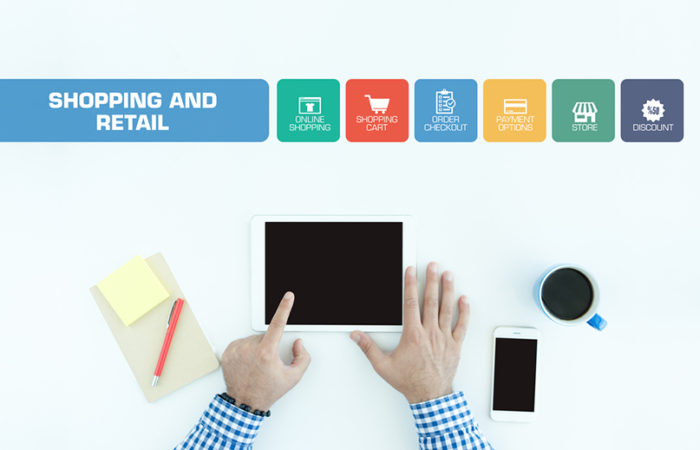So says new research from UBM, which has found consumers want a more joined-up service throughout the buying experience.
Disjointed brands are irksome
In the survey, more than one-in-five (22%) respondents said automation is good for the consumer, but 73% feel irked when a situation arises where the brand’s call centre blames the shop, the shop blames the internet, etc.
Another 60% said they would prefer to contact a brand’s customer service department without having to speak to somebody directly over the telephone, which suggests they want automation in every step of the buying process.
The poll results have been announced ahead of the Customer Series Live events taking place in London between September 28-29th.
With regards to automation being used in customer service, consumers were relatively split on their opinions of it. 37% said they didn’t like automation, saying it was inefficient or frustrating, while 32% were in favour, feeling that it made the process quicker. When it comes to self-checkouts and voice recognition, 44% like to use self-checkouts because it simplifies shopping and saves them time even though 45% of respondents believe automation will result in increased rates of unemployment.
Online and promotional marketing
The research, which surveyed consumers from across the UK, also shows how technology is changing the way in which consumers react to online marketing/promotional material. Though UK consumers are hesitant to allow brands to access their data online for product recommendation and promotions, many shoppers are enthusiastic about receiving marketing offers from brands. When asked what sort of offer would entice them to make a purchase, 80% of respondents mentioned receiving discount codes. This was followed by free delivery (73%) and early access to sales and special promotions (25%), respectively. 17% agreed they were happy to receive personalised offers on goods.
When asked about which sort of promotions they would feel most frustrated by, a majority (62%) selected promotions for products no longer in stock as the worst bugbear. 52% of respondents felt annoyed by brands recommending goods that are not relevant to them. Another common frustration for consumers when shopping online is having to pay for delivery or to return unwanted products, which 30% of respondents listed as their top frustration, while a further 21% said that delivery costs only being confirmed upon checkout was their top concern.
While shopping in-store, a majority of consumers (74%) still prefer to use in-store technology, though there is also a growing demographic (26%) who would prefer to use their own devices, such as smartphones, to find information and make purchases through either in-store Wi-Fi or mobile data.
Rebecca Slater, brand manager for UBM, said: “The lessons to be learned from this survey are that there’s no one-size fits all solution; brands need to be in tune with who their customers are in order to deliver the right solution to that demographic.”
UBM will host Customer Series Live to showcase digital transformation and the science of customer experience in association with Technology for Marketing, eCommerce Expo and Customer Contact Expo events in Olympia, London later this month.
